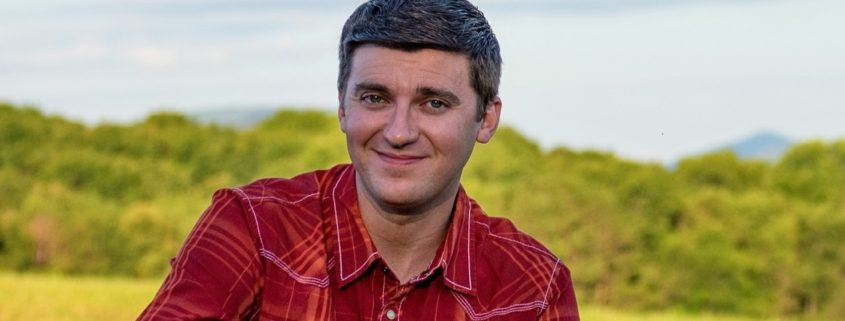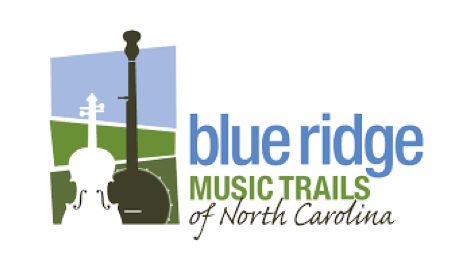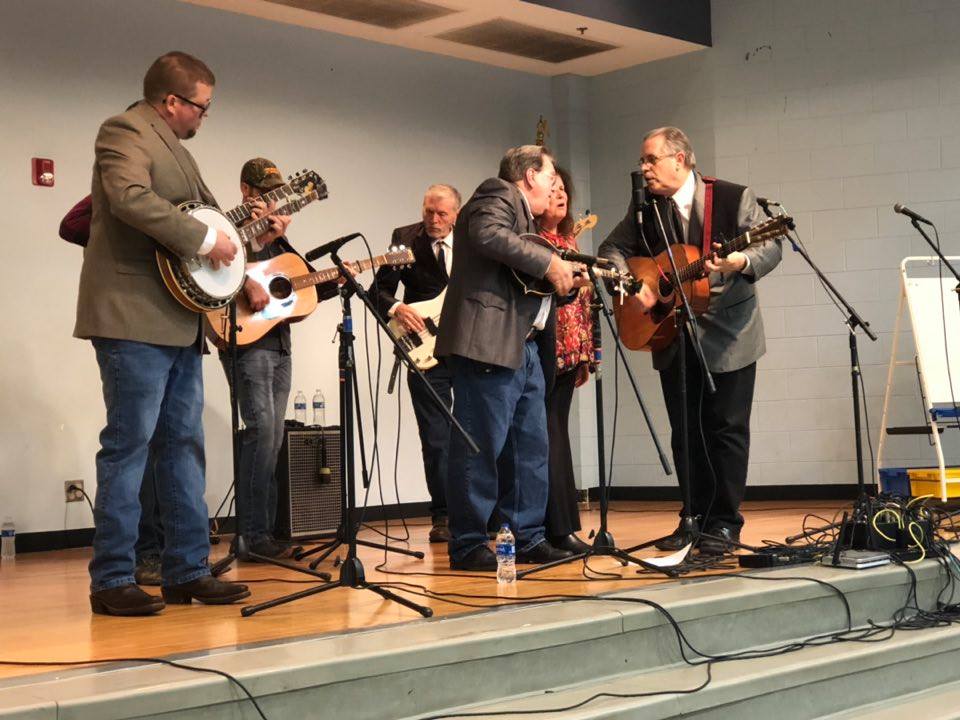
An Evening of Traditional Music & Storytelling is presented by Joe Shannon’s Mountain Home Music.
About the artists
Laura Boosinger’s concert performances and recordings have earned for her a well-deserved reputation as one of North Carolina’s most talented singers and interpreters of the music of the Southern mountains.
Conventions, festivals, workshops and family concerts each provide a unique opportunity to showcase Laura’s talents as she features a variety of traditional stringed instruments, including old-time banjo, guitar, Appalachian dulcimer and fingerstyle Autoharp.
Josh Goforth must have been born musical—he was already playing piano in church at the age of four—but it was an experience he had in the sixth grade that really lit the fuse of his precocious musical career. A performance at Goforth’s middle school by Sheila Kay Adams caused him to start thinking about the musical heritage and stories of his native Madison County, NC. Josh was able to listen and learn from local masters like Gordon and Arvil Freeman and Jerry Adams. Goforth is a highly accomplished storyteller and acoustic musician playing close to 20 different instruments.
After high school he went to East Tennessee State University to study music education with a Euphonium concentration, and to be a part of ETSU’s famous Bluegrass and Country Music Program. In 2000, he played fiddle for the movie Songcatcher, both onscreen and on the soundtrack. He has toured extensively with a variety of ensembles, including the ETSU Bluegrass band, David Holt, Laura Boosinger, and with several bluegrass bands like Appalachian Trail, the Josh Goforth Trio, the Steep Canyon Rangers and Open Road. He has performed in all 50 US states, all over Europe, Asia, and Australia. In 2000, 2003, and 2005, he was named Fiddler of the Festival at Fiddler’s Grove and, after winning the third title, was designated “Master Fiddler” and retired from that competition. He has performed at the Grand Ole Opry, the Lincoln Center, as well as Carnegie Hall. In 2009 he was nominated for a Grammy for his album with David Holt entitled “Cutting Loose”. He currently is on faculty at the Academy for the Arts in Asheville and performs all over the world.
Orville Hicks. Born on Beech Mountain in Watauga County, Orville Hicks grew up in a family steeped in the storytelling tradition that he carries on today. His mother, Sarah Ann Harmon Hicks, told tales to her children as nighttime entertainment and to pass time while they were doing tedious farm work. Orville remembers her telling stories to keep the children happy while bundling galax for delivery to a marketer in Avery County and while preparing farm produce for canning and drying. From his mother, Orville learned the classic “Jack and the Heifer Hide,” “Jack and the Giants,” and other children’s tales.
As a young man, Orville often visited the home of Ray and Rosa Hicks, who lived over the ridge from his homeplace in western Watauga County. “Ray would sit there and tell me a tale or two. I never thought there was anybody like Ray. So I learned from him and he encouraged me to tell tales. I got to knowing him like a second dad, and Rosie, like a second mom.” Ray Hicks, a National Heritage Fellowship Award recipient, encouraged Orville to develop his own style and repertory and began recommending Orville as a substitute when he himself could not accept an invitation. Orville represented Ray at the North Carolina Folk Heritage Awards in 1991 and accepted the award certificate for Ray.
Orville has become a regular performer for groups visiting the Appalachian Cultural Museum in Boone; he was a featured performer at the N.C. Stories festival-opening of the new Museum of History. In 1997, the North Carolina Folklore Society presented him its Brown-Hudson Folklore Award.
Conversations with Orville become extraordinary because of his ability to work in stories. Fellow workers and social acquaintances often enjoy Orville’s taking a tall tale motif and incorporating it into a joke on himself. He also has a special skill of using a local story or joke to foster group relationships and connections to community history. A new context for his verbal art is Orville’s job as a supervisor at the US 321-Aho Road Recycling Station between Boone and Blowing Rock. There Orville greets all kinds of people: locals, summer residents, tourists, and Appalachian State University students. His conversations have transformed a modern recycling site into a community institution that connects people and local traditions.
What is most remarkable about Orville Hicks, however, is the bright delight he brings to the enactment of this process, for he is a tale teller who enjoys the joke as much as his listeners and catches us into his story world with infectious laughter that punctuates his tales.











